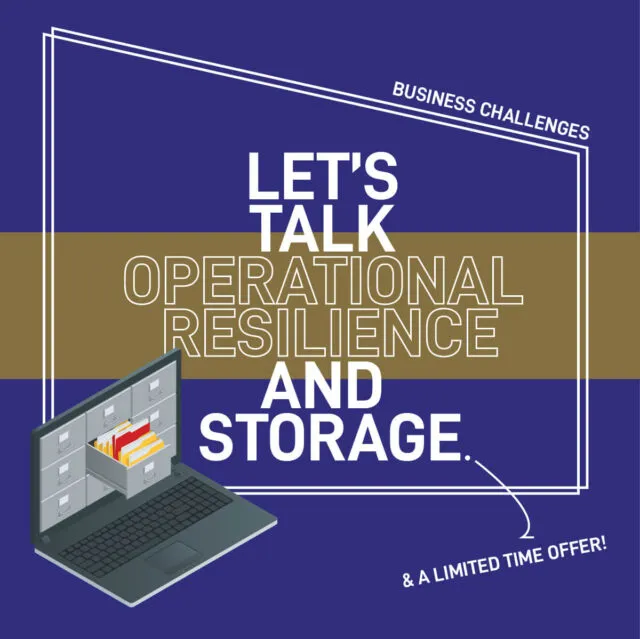3 Things You Should Know About Protecting Cloud Data
Is putting your precious apps and data in someone else’s cloud really such a good idea?
In many ways, a public cloud is an extremely safe place for your data and apps. After all, your provider’s business model depends on taking good care of your stuff – and they have the resources to do security like few private data centres.
Does that mean you can leave everything up to your provider? Far from it. Every organisation with cloud-based data should have its own powerful first line of defense, combining appropriate local security measures with the ability to effectively control and track access to its apps and data.
And it should have a powerful last line defense – robust data protection.
If a security breach or loss of service does occur, the level of havoc it can wreak will depend on your ability to quickly recover any data that’s corrupted or lost. Too many organisations, however, overlook this essential safety net while they’re busy embracing the cloud. Don’t be one of them.
Here are three things you need to know about protecting cloud data and apps.
1. Your SaaS provider hasn’t got it covered.
It’s easy to assume your Software-as-a-Service (SaaS) provider has data protection covered. The chances are, they don’t – at least, not to the level you need.
Think of all the measures you’ve put in place to protect your on-premises data. Maybe you take hourly backups of your critical apps, and keep historical data for 12 months at a time.
You put those measures in place for good reasons – good reasons that aren’t any less valid if you move those apps to the cloud.
It’s highly unlikely such protection features will come as standard with your cloud service, and if your provider does offer them, they may well be extremely costly add-ons.
The bottom line? Before you embrace cloud computing and its many benefits, you need to be clear about what your provider can deliver, and find a cost-effective way to keep data protection up to your current standards.
2. Data loss or corruption is a real possibility.
Successful breaches, hardware failures… there’s no getting away from it. Sometimes cloud computing services – like any other IT service – will fall over. When they do, having your own data protection helps prevent data loss and safeguard your productivity.
Protecting data is even harder when it’s arriving in the cloud without the express involvement of IT. Cloud storage services like Dropbox and OneDrive are easy for users to adopt on their own – and as a result, tough for IT to protect.
Meanwhile, cloud infrastructure providers like Amazon Web Services make it possible for anyone with a company credit card to spin up their own virtual machines. The problem here’s the same. It’s tough for IT to protect data when they’ve been effectively cut out of the loop.
3. There are services out there to help.
You may need to look beyond your traditional IT vendors, but there are some excellent options for protecting your cloud apps and data as thoroughly you would on-premises.
Our Helix Protect managed backup service uses technology from Veeam, IBM, Dell, Druva and AvePoint to provide comprehensive data protection features for all the biggest names in SaaS – from Salesforce to Microsoft Office 365 and Google Apps. (Learn more about our cloud computing data protection services here.)
Embracing cloud computing with confidence
Moving apps and data to a public cloud is a big decision, and one that many organisations naturally remain nervous about. It’s a lot less scary, however, when you know the data you’re moving will be protected as fully as if it were right there on your own site.
Next steps
Get more advice on making a safe, confident transition to the cloud – contact us today.
Read more like this

IBM Power
Levelling Up from Legacy IBM Power Systems (An EOS Guide)
Why Modernisation Matters Modernisation is often about market competitiveness and relevance. For modernised organisations, offboarding outdated hardware is a matter…

IBM Power
Why Private infrastructure is better for AI
Running AI Models vs. Building New AI Models: Inferencing and Training To make informed platform choices depends on a clear…

Storage and Backup
Improving Operational Resilience (With AI-driven Technology)
The Financial Impact of Cyber Attacks is Underestimated On average, analysts have discovered, a cyber-attack will force a UK SME…
Ready to talk?
Get in touch today to discuss your IT challenges and goals. No matter what’s happening in your IT environment right now, discover how our experts can help your business discover its competitive edge.
